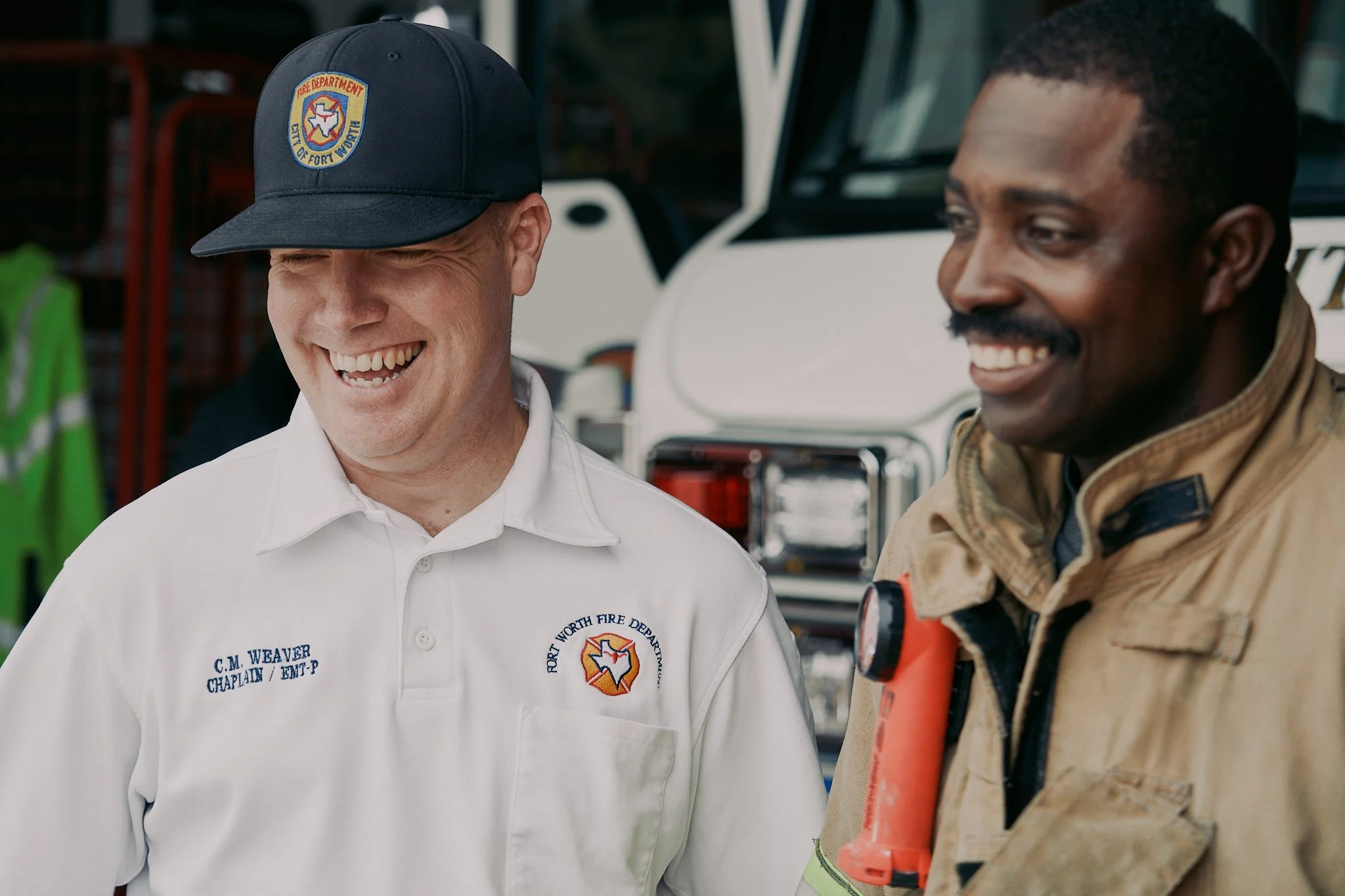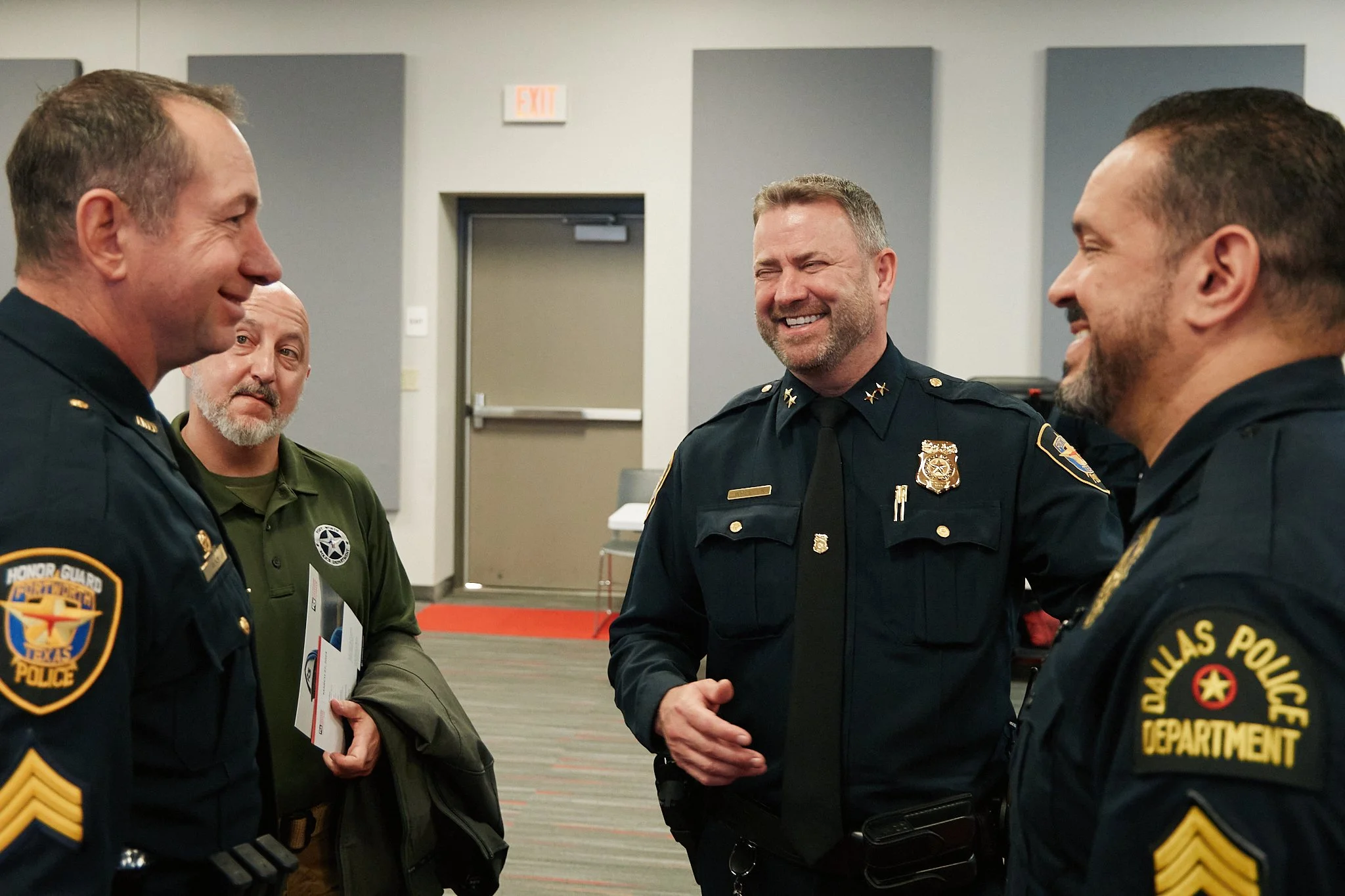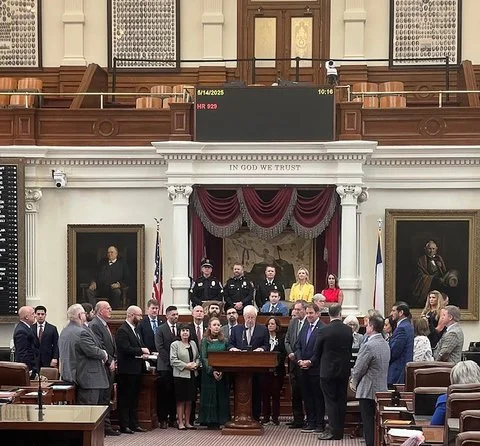ADVOCACY
Championing First Responder Wellness
First responders face immense challenges, often carrying the weight of traumatic experiences that can lead to moral injury. The R3 Program is committed to transforming the culture surrounding mental health in emergency services by:
Leading the Charge in Mental Health Advocacy and Cultural Transformation
Destigmatizing mental health discussions within departments.
Promoting proactive, non-clinical wellness resources tailored for first responders.
Fostering a culture of care that prioritizes mental resilience and support

Understanding Moral Injury
Moral injury occurs when someone witnesses or participates in an event that violates their deeply held moral beliefs—and is often accompanied by guilt, shame, grief, or a loss of meaning.
For first responders, this kind of trauma is more common than we’d like to admit—and it’s one of the leading contributors to emotional burnout and suicide.
Texas Lawmakers Unite to Recognize May 14 as Moral Injury Awareness Day Statewide
State Joins Growing National Movement to Recognize Unseen Wounds of First Responders

We've witnessed life-changing outcomes when first responders use R3 Program resources to address moral injury, and we believe it's crucial to gather qualitative data to understand and capture the impact of this change.
Measuring What Matters: The MIOS Tool
To truly advocate for change, we need to understand and prove impact. That’s why R3 integrates the Moral Injury Outcome Scale (MIOS) into our program evaluation.
MIOS is a validated, anonymous self-report scale that captures the severity of moral injury outcomes after potentially morally injurious events.
R3 participants complete the MIOS twice: once at the time of applying for a resource, and again within 24 hours of completing their training.
Track real-time healing and resilience outcomes
Provide compelling evidence to policymakers and partners
Continuously improve the way we serve those who serve us

“Instead of waiting for a crisis in your life, get out in front of it and address things as they're building instead of when they're already exploding. That to me would be a huge benefit to our department.”
Greg Dykes — Fort Worth Fire

Join us as we revolutionize mental health support for first responder
Whether you're a police chief, fire captain, or city official, you have the opportunity to bring lasting change to your department. We’ll guide you through every step.
















